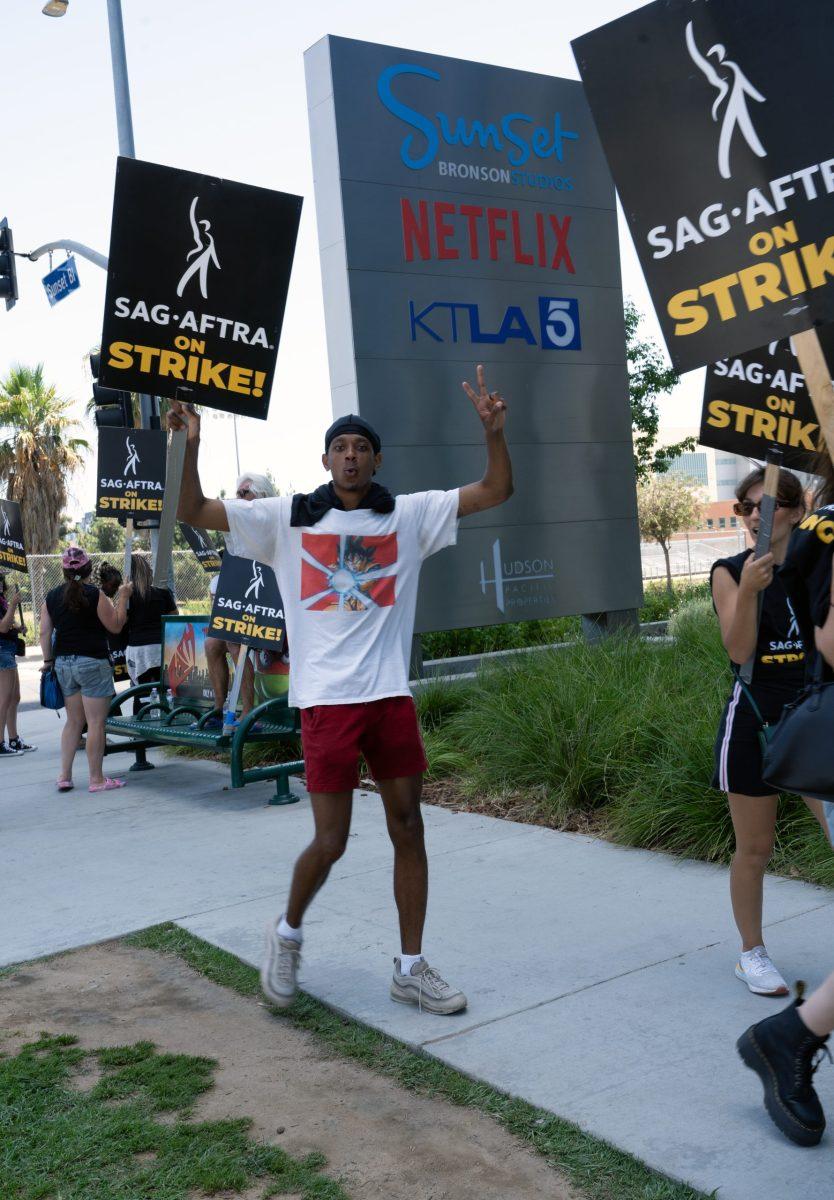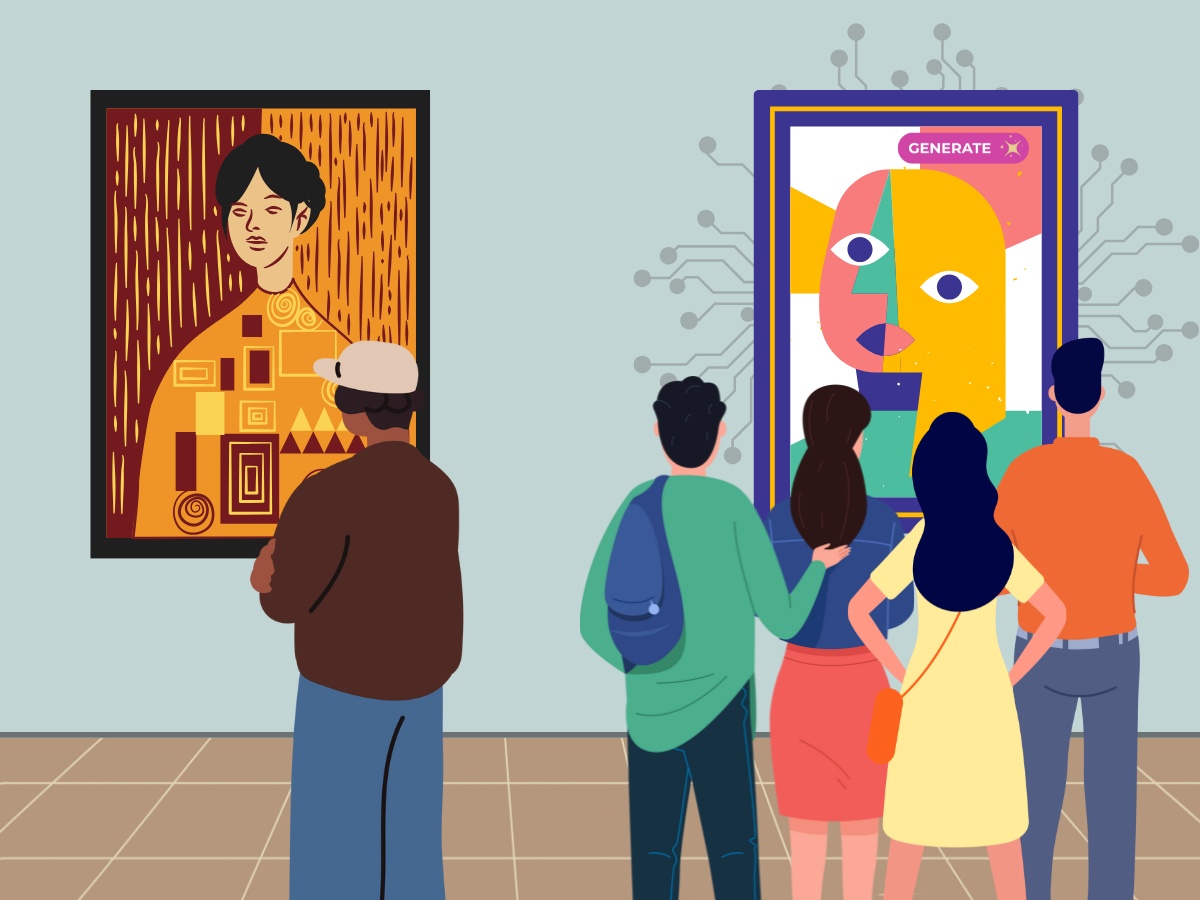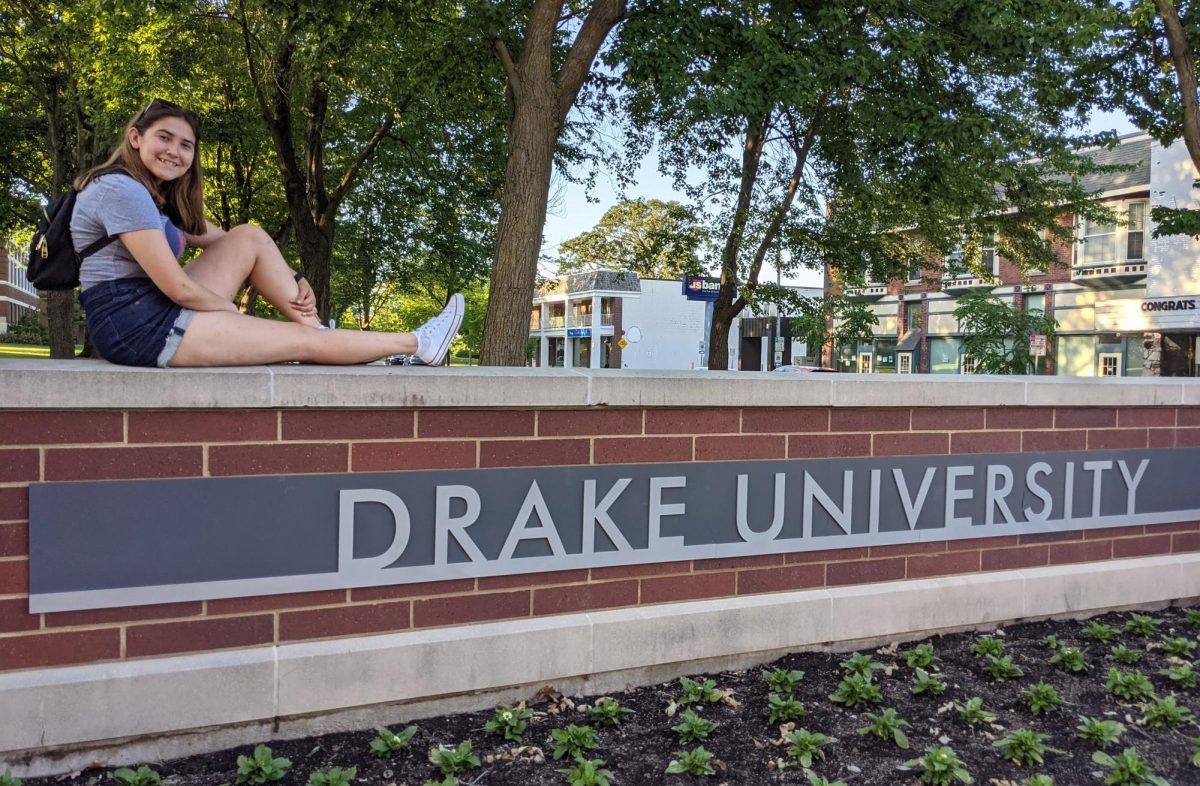For over three months, SAG-AFTRA, the union representing Hollywood writers and actors, has been on strike. The reason behind this protest is the widespread misuse of generative artificial intelligence by large studios such as Disney, Sony and Universal Studios with little regard for the rights and welfare of the workers. While this strike might seem distant from our daily lives, a closer examination reveals its significant implications. If the strike fails, it could negatively impact all of us.
The union’s demands are clear and reasonable: a modest pay raise of five percent and protection against the increasing use of AI in writing and using actors’ likenesses in productions without compensation.
The major studios have adamantly refused to budge on these issues. So, why should we care?
One common objection to the strike is, “Don’t they make enough money already?” In reality, the writers and actors are asking for just a five percent raise. Moreover, not ceding to these demands is costing the studios even more. The writers and actors’ proposal would only cost the industry approximately $429 million, whereas the strike has already cost the economy a staggering $3 billion and counting. Yet, major studios, led by CEOs like Disney’s Bob Iger who makes $25 million annually, dismiss these demands as “unrealistic.” It’s worth noting that the writers’ demands would provide them with a fraction of what these CEOs earn in a year. So why not cede to their demands?
At its core, this strike is about the deep-rooted issue of corporate greed. It’s simply a fixed issue that they refuse to acknowledge. The major studios have the means to meet these demands but choose not to provide their workers with a fair wage. They refuse even to acknowledge that their writers are struggling to afford homes, while background actors are forced to navigate precarious contracts. The corporations’ unwillingness to address these issues stems from a fear of ceding control to the workers. It’s a power struggle.
In essence, this strike is symbolic of the ongoing conflict between the powerful and the powerless. If the writers and actors prevail, it would mean that CEOs cannot maintain an absolute grip on Hollywood. They fear relinquishing their control over the industry and, by extension, capitalism itself.
In conclusion, the reason we must all pay attention to this strike is because it highlights the glaring power imbalance between the privileged and the powerless. It’s a fight for fairness, not just for Hollywood workers but for all of us who believe in a more equitable world. The outcome of this strike will set a precedent, reminding us that collective action can challenge even the mightiest corporations and pave the way for a fairer industry for all. That’s why these demands are not small ones. These demands are necessary for an evolving nation. SAG-AFTRA’s strike is not just for them, but for all of us.







